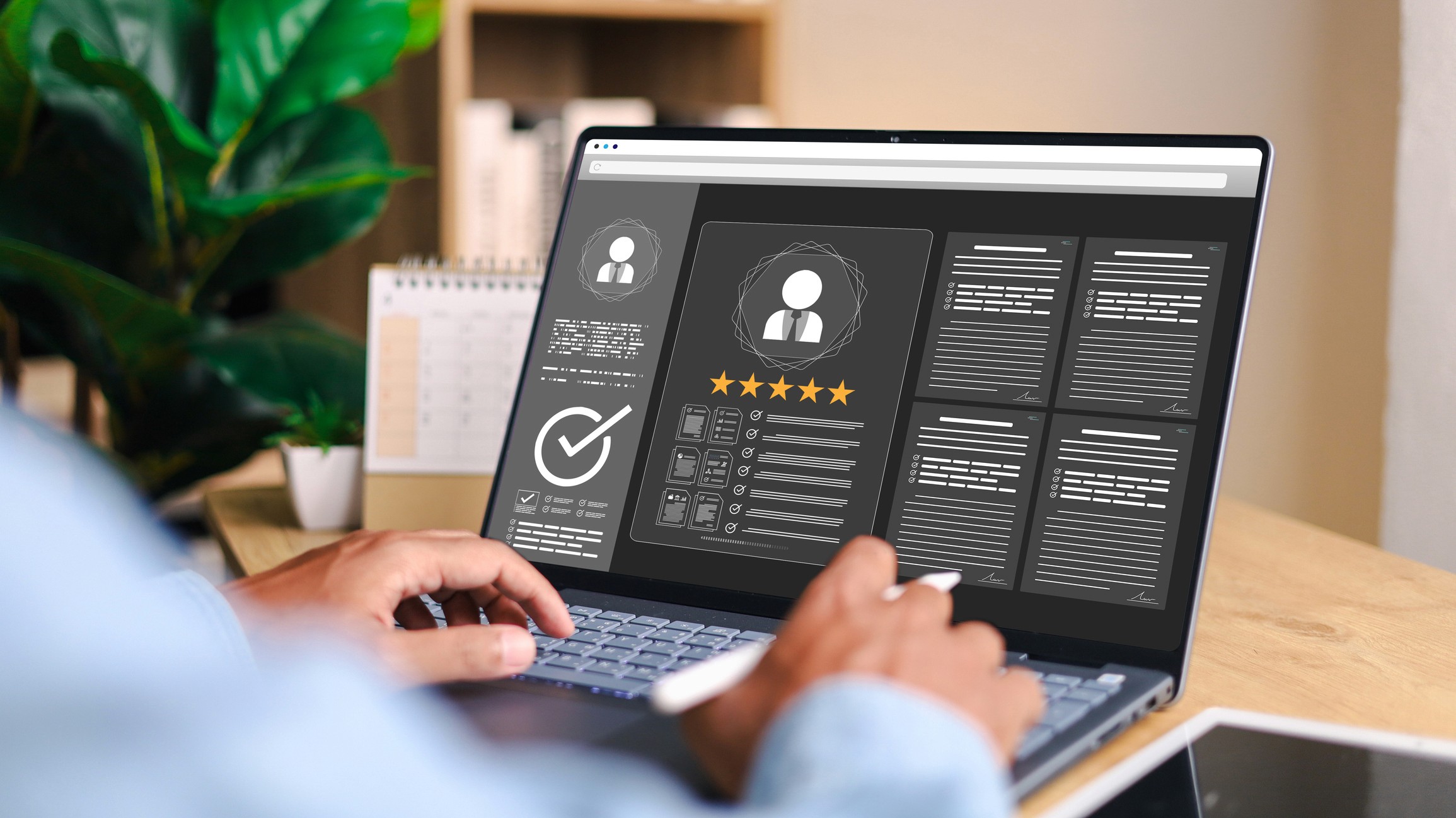
5 min read
Oct 1, 2025
The organizations responding fastest with intelligent automation will thrive while competitors struggle with outdated manual processes.

Co-Founder & CEO
The Urgency Gap in Senior Care
Let's be honest—senior care is facing a perfect storm right now. On one side, you've got staffing shortages getting worse by the day. On the other, demand for services keeps climbing as more baby boomers need care. And caught in the middle? Families desperately trying to find help for their loved ones, and healthcare professionals searching for their next opportunity.
Here's the thing that should worry every senior care operator: 75% of families choose whoever responds to them first. Yet most facilities take 24-48 hours just to get back to someone. Think about that for a second. While you're waiting to respond, three-quarters of your potential residents or hires are already talking to your competitor down the street.
Families feel ignored. Candidates feel lost. And you're losing opportunities before you even know they existed.
The Real Cost of Missed Opportunities
Let's talk numbers, because they're pretty eye-opening. When you've got an open RN position, it takes an average of 87 days to fill. That's nearly three months. And during that time? You're bleeding about $46,000 per vacancy in overtime costs, lost productivity, and expensive agency staffing.
Now multiply that across multiple positions. See the problem?
For your admissions team, every empty bed is money walking out the door every single day. When a family reaches out and you don't respond quickly enough, they're not waiting around—they're calling the next place on their list. And that competitor who picks up the phone? They just filled a bed that should have been yours.
On the staffing side, every candidate you miss creates a domino effect. Your current staff has to cover those shifts. They get burned out. Some of them leave. Now you need to hire even more people. It's a vicious cycle that only gets worse if you don't break it.
Why Current Intake and Hiring Systems Fail
Look, we all know "Contact Us" forms and voicemail are basically relics at this point. They're the digital equivalent of putting up a "We'll get back to you eventually" sign. Families in crisis don't want to fill out a form and wait. Candidates looking for work don't want to leave a message that might get checked tomorrow.
And here's a stat that might surprise you: about 40% of inquiries come in after hours. That's when families finally have time to research options after work. That's when nurses and CNAs are scrolling through job postings after they've put their kids to bed.
But what happens to those inquiries? They sit there. Unanswered. Until the next morning. By which time, those people have already moved on to someone who was actually available to help them.
Try Alita Free for 30 days.
Chat with one of our specialists to get set up.
How AI Bridges the Gap
This is where things get interesting. AI doesn't sleep. It doesn't take weekends off. It doesn't go home at 5 PM. It's just... there. Always ready to help.
When a family reaches out at 9 PM on a Tuesday night, Alita's platform is already engaging with them. Answering their questions. Making them feel heard. And most importantly, not letting them slip away to a competitor.
The smart part? It's not just collecting names and numbers. It's actually having conversations. Asking the right questions. Figuring out if someone's a good fit before your team even gets involved. So when your admissions or hiring staff shows up the next morning, they're not sorting through a pile of unqualified leads. They're looking at people who are actually ready to move forward.
And the scheduling? It happens automatically. Tours, interviews, consultations—all booked without the usual back-and-forth email tennis that eats up everyone's time.
The results are pretty remarkable. Organizations using AI are capturing 330% more leads than manual processes. They're converting 70% of those inquiries into actual scheduled appointments. And they're seeing 33% less ghosting because people stay engaged throughout the process.
Impact on Staffing and Admissions Teams
Let's talk about what this means for your actual team members. Right now, they're probably drowning in repetitive tasks. Answering the same questions over and over. Chasing down people who never respond. Dealing with no-shows.
With AI handling the initial engagement and qualification, your team gets to focus on what they're actually good at—building relationships and closing deals. They're only talking to people who are genuinely interested and qualified. That's a game-changer for morale.
Your census improves because you're not missing calls anymore. Alita's smart intake platform catches every single family that reaches out, so you're not losing admissions to competitors just because someone called at the wrong time.
Your hiring gets better too. Alita's hiring solution keeps candidates engaged from application to start date. No more "I found something else" when you finally get around to calling them back three days later.
Think of AI as adding an entire team that works 24/7, never complains, and never burns out. Your human staff can finally breathe a little.
The Bigger Picture: Raising the Standard of Care
Here's what really matters at the end of the day: when you hire staff faster, your current team isn't running on empty. They can actually provide the kind of care they got into this field to give in the first place.
When families get immediate help during what's often one of the most stressful times in their lives, they trust you more. The whole transition goes smoother. They're not anxious and frustrated—they're confident they made the right choice.
Alita isn't just another tech tool you're adding to your stack. It's designed to actually understand the emotional weight of these conversations. It responds with empathy while giving you the efficiency and scale you need to compete.
The Storm Is Here
Look, these aren't problems coming down the road. They're happening right now. Demand is doubling. Staffing shortages aren't getting better. And if you're still relying on manual processes from 2010, you're falling further behind every single day.
The facilities that are going to win are the ones that can respond immediately. That can engage families and candidates when they're actually looking. That can make the whole process feel easy instead of frustrating.
You've got a choice: keep doing what you're doing and keep losing opportunities to faster competitors, or embrace technology that actually works with how people expect to communicate in 2025.
Want to see how Alita can transform your staffing and admissions? It's AI that feels human, responds instantly, and never stops working to connect your organization with the families and professionals who need what you offer.
Summary
Speed-to-lead and after-hours AI are essential because 75% of families choose first responders while operators take 24-48 hours to reply. With RN vacancies costing $46,000 and 40% of inquiries occurring after hours, AI captures 330% more leads with 70% booking conversion. This technology reduces burnout, improves census, accelerates hiring, and ultimately raises care standards by ensuring families and candidates receive immediate support when they need it most.
More from Alita
See all blog posts
5 min read
Feb 4, 2026
15 High-Impact Places to Display Positive Reviews for Home Care Agencies
5 min read
Jan 29, 2026
The Essential Guide to Google Reviews for Home Care Providers
4 min read
Jan 29, 2026
Reduce Staffing Shortage Solutions Through Instant Patient Lead Response
5 min read
Jan 21, 2026
How Can Healthcare Staffing Agencies Optimize Post-Acute Lead Capture Through Automation?
8 min read
Jan 14, 2026
The Essential Guide to Ranking on Google: For Home Care Providers
4 min read
Jan 5, 2026






